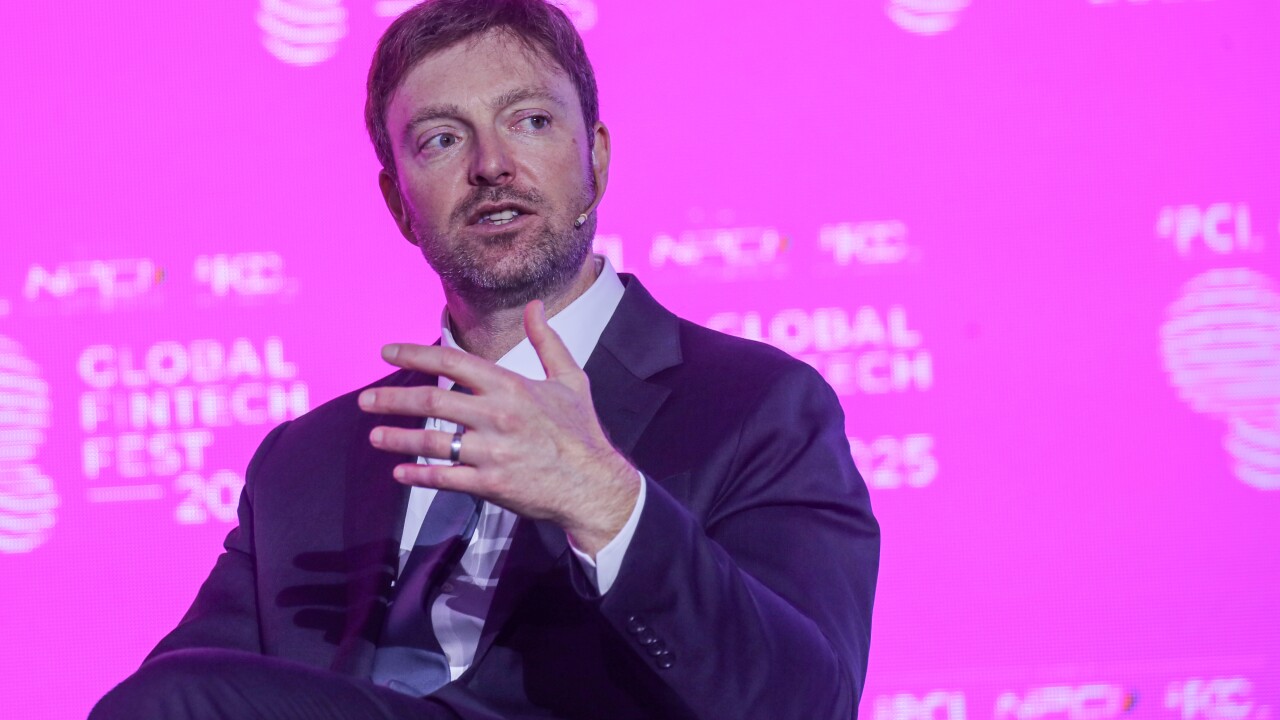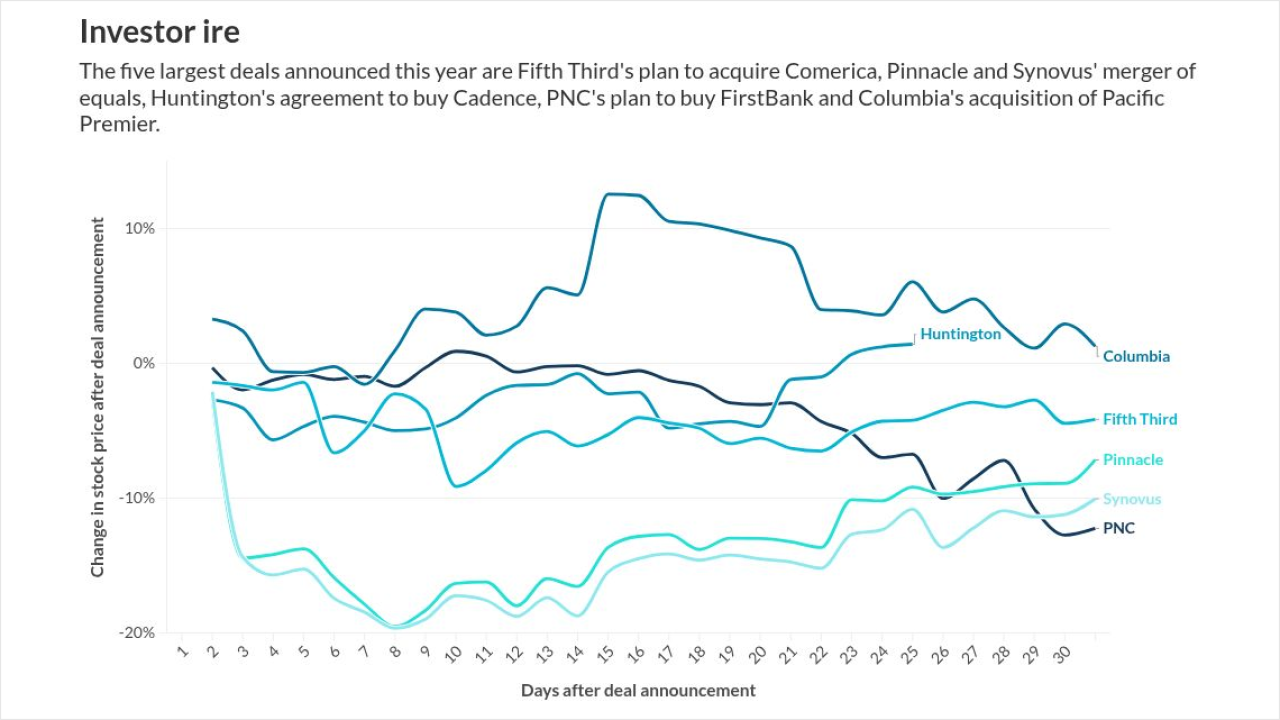The last month has seen a variety of financial regulators articulating their views concerning fintech. Their interest signals greater regulatory certainty for innovative firms looking to have national platforms. But these firms may soon learn that regulatory acceptance is a mixed bag.
In just the last few weeks, the Office of the Comptroller of the Currency announced that it will craft a process for
The agencies' statements have rightly been a careful blend of the need to foster market innovation with the obligation to maintain a safe and sound financial system. The OCC's announcement, in particular, represents the most tangible regulatory development for fintech companies. But whether this will be a panacea for fintech companies is still to be determined.
Fintech is not a shiny new object attracting attention in 2016. Its fight for market and regulatory acceptance has played out over two decades. An avalanche of press and attention regarding digital financial services erupted in the 1990s as financial technology burst into our lives with a continuous line of new products. Digital technology seemingly became the acknowledged platform for the future of financial commerce almost overnight.
But then the reality of the need for market and regulatory acceptance set in. New financial technologies would require, for example, new hardware to replace current point-of-sale terminals for every merchant in the country. This would demand enormous capital that was not to be forthcoming from merchants. John Reed, then CEO of Citibank, threw cold water on the digital land rush when he predicted that consumers' inclination to adapt to new technologies in the financial services business would be generational and evolve over several decades.
Reed's assessment was spot on.
We are closer now to both market and regulatory acceptance. It took this long because consumers all have an emotional relationship with their money and changes in their financial habits occur over long periods of time. They also balance the cost and convenience of new technological products with consumers' confidence in them.
It takes time to secure consumers' absolute confidence in new products. Just because a new technology exists does not mean that anyone really wants to use it. Finally, regulators needed to be sure that marrying fintech and financial services will not lead to unanticipated and uncontrollable institutional or systemic risks.
While working on my
At that time, I also talked to regulators. The then-head of the Financial Crimes Enforcement Network suggested that anonymous currency had no place in a safe and sound monetary system — and this was before 9/11. Predictably, DigiCash filed for bankruptcy and liquidated in 2002. Mondex is now one of many products offered by Mastercard.
Now that the OCC has announced it will consider applications for a special charter, the real work and analysis will begin as the agency identifies the standards for obtaining and maintaining a charter. There will and should be no free pass from intensive regulation for fintech charters. Federal deposit insurance, access to the payments systems and federal preemption will come at a significant operating price. Firms will experience cradle-to-grave prudential regulation. In some cases, that regulation may offset the financial efficiencies that a charter creates.
The transition to a regulated company is often a startling cultural and operational change. It certainly is not for the faint of heart. Banklike prudential regulation can subordinate the wishes of management and owners to the extent that it can determine what a company will be able to do, how much capital it must hold, when it can pay dividends, and when and how it exits the business — voluntarily or not.
There is likely to be more years logged on fintech's journey. The interests of consumers, traditional depositories and financial intermediaries, and the overall safety and soundness of financial markets, will need to be balanced against the capabilities and interests of financial technology companies.
Fintech charter applicants will be well served to carefully consider the decision to contribute their assets to the public scrutiny and control of federal regulation.
Thomas P. Vartanian is the chairman of the financial institutions practice at Dechert LLP, an international law firm, and a former regulatory official at two different federal banking agencies. He co-wrote the textbook "





